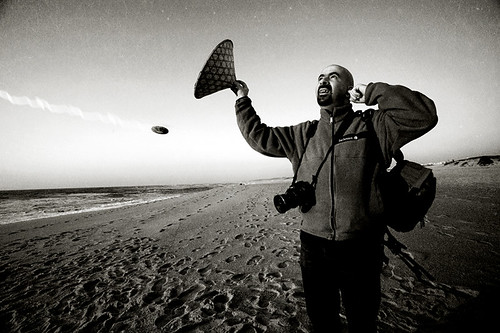Back in 1996 Alan Sokal published an article called “Transgressing the Boundaries: Toward a Transformative Hermeneutics of Quantum Gravity” in the journal Social Text. The article was praised as a breakthrough, written by Sokal the physics professor, it was filled with complex terms and post-modernist arguments. It was laced with references to mathematics and physics (it was a sociology text but this was the trend of the time).
Arguing that quantum gravity has progressive political implications, the paper claims the New Age concept of the “morphogenetic field” (not to be confused with the developmental biology use of the same term) could be a cutting-edge theory of quantum gravity. It concludes that, since “physical ‘reality’ … is at bottom a social and linguistic construct”, a “liberatory science” and “emancipatory mathematics” must be developed that spurn “the elite caste[‘s] canon of ‘high science'” for a “postmodern science [that] provide[s] powerful intellectual support for the progressive political project”. (The Sokal Affair – Wikipedia)
The problem was that the article was not truthful but was written to see if the journal could be fooled to, in Sokal’s words, “publish an article liberally salted with nonsense if (a) it sounded good and (b) it flattered the editors’ ideological preconceptions.” Obviously when the scandal broke out lots of people were very annoyed (The Sokal Affair – Wikipedia).
Via Ting och Tankar I learned that Alan Sokal has now written a book on the affair “Beyond the Hoax: Science, Philosophy and Culture” you can also listen to a podcast interview from the Guardian science weekly. Here is the blurb from the Oxford University Press
Now, in Beyond the Hoax , Sokal revisits this remarkable chapter in our intellectual history to illuminate issues that are with us even more pressingly today than they were a decade ago. Sokal’s main argument, then and now, is for the centrality of evidence in all matters of public debate. The original article, (included in the book, with new explanatory footnotes), exposed the faulty thinking and outright nonsense of the postmodernist critique of science, which asserts that facts, truth, evidence, even reality itself are all merely social constructs. Today, right wing politicians and industry executives are happily manipulating these basic tenents of postmodernism to obscure the scientific consensus on global warming, biological evolution, second-hand smoke, and a host of other issues. Indeed, Sokal shows that academic leftists have unwittingly abetted right wing ideologies by wrapping themselves in a relativistic fog where any belief is as valid as any other because all claims to truth must be regarded as equally suspect. Sokal’s goal, throughout the book, is to expose the dangers in such thinking and to defend a scientific worldview based on respect for evidence, logic, and reasoned argument over wishful thinking, superstition, and demagoguery of any kind.



